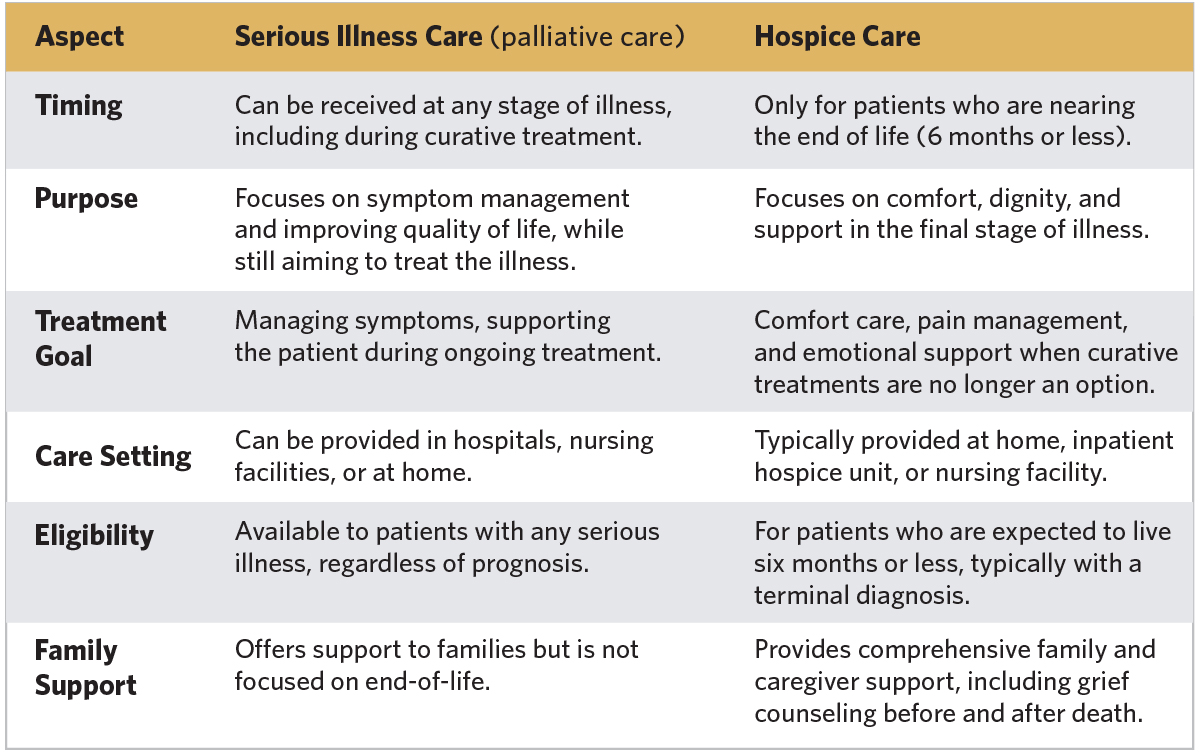A hospice dietitian plays a vital role in enhancing the quality of life for patients receiving care, whether at home or in a facility. Dietitians can assist in developing individualized nutrition plans tailored to the patient’s specific medical conditions, treatment goals, and personal preferences, particularly addressing symptoms like loss of appetite and nausea.

Hospice and Palliative care Nutrition
Hospice and Palliative care Nutrition

A hospice dietitian plays a vital role in enhancing the quality of life for patients receiving care, whether at home or in a facility. Dietitians can assist in developing individualized nutrition plans tailored to the patient’s specific medical conditions, treatment goals, and personal preferences, particularly addressing symptoms like loss of appetite and nausea.
With many Americans living with chronic diseases, the demand for such specialized nutrition support is increasing. Preferences are shifting towards home-based care, making the role of dietitians even more critical. Dietitians can focus on improving patients’ well-being by managing their nutritional intake throughout the various stages of chronic illness rather than just at the end of life.
What challenges do patients and families face in dietary management during hospice care?
- Changes in Appetite: Patients may experience reduced appetite or sudden changes in their taste preferences, making it difficult to maintain proper nutritional intake.
- Medication Side Effects: Many patients face gastrointestinal issues, like nausea or constipation, due to medications or their illness, further complicating their ability to consume food.
- Psychological Stress: The emotional toll of end-of-life care can affect willingness to eat, leading families to feel guilty or uncertain about food choices.
Nutritional Preferences
Nutritional preferences at end-of-life should begin early, allowing families to comprehend the implications of these choices.
Having discussions with patients regarding their wants, needs, and preferences will provide an environment that is inviting, supportive, and encouraging around both mealtime and nutrition. Honoring the patient’s cultural and social foods will provide normalcy and comfort in times of both uncertainty and stress. Relaxing some restrictions while preserving the safety of the patient can also be considered to include favorite meals and drinks.
Hydration
Offer frequent care of the mouth and lips to the dying person and include the management of dry mouth in their care plan, if needed.
Offer the person the following, as needed:
- help with cleaning their teeth or dentures, if they would like
- frequent sips of fluid
Safety
Safety when eating and drinking should always be at the forefront of the nutrition care plan. Because patients will experience differences in muscle tone, cues, moisture levels of the mouth, this can pose a danger of an activity that was once very innate to the patient. Involving staff to monitor for adequate chewing and swallowing can be beneficial.
Modified diets such as soft, thickened liquids, and oral nutritional supplementation can aid in providing options for adequacy of intake.
For those patients who have friends and family that choose to provide meals and drinks, please encourage them to verify that the food provided is safe for consumption.
Differences in Nutritional Approaches
In care, the primary focus is on improving quality of life and managing symptoms. This involves individualized nutritional support tailored to the patient’s specific needs. Nutrition strategies may include oral Supplements which can enhance calories and protein intake.
What are the ethical considerations regarding nutrition and feeding in end-of-life care?
The ethical considerations regarding nutrition and feeding in end-of-life care focus primarily on balancing adequate nutrition with the overall quality of life for the patient.
In this sensitive phase, adhering to guidelines such as those from the National Institute for Health and Care Excellence are used, commonly deferring to basic needs of hydration and tolerance to foods.
Many patients at this stage may not feel hunger, and providing such interventions can sometimes interfere with the comfort-focused goals of palliative care and/or the patient’s safety.
The emphasis should be on enhancing the patient’s well-being rather than just prolonging life. Therefore, individualized care plans tailored to each patient’s wishes and preferences surrounding hydration and nutrition become necessary.
Dietitians are important members of the hospice care team, providing essential nutritional guidance that respects the diverse needs and desires of patients facing the end of life.
Interdisciplinary collaboration, sensitivity to ethical dilemmas, and dedication to enhancing comfort highlight the profound impact dietitians have in these settings, ultimately enriching the journey of patients and their families through compassionate and tailored nutrition care.
About the Author
Elizabeth DeAvilla is a Registered Dietitian based out of the northwest suburbs of Chicago. She earned her bachelor’s degree in nutrition and dietetics from Northern Illinois University and her master’s in business administration from Dominican University. She is currently pursuing a Ph.D. in Human Performance at Concordia University Chicago. She has worked within the hospice-specific population since June of 2023, following finding a passion for treating and educating families in an inpatient setting. Elizabeth has worked in every facet of nutrition, from critical care medicine to food service and behavioral health to community organizations such as Head Start. Her passions include teaching in the settings of community organizations, schools, hospitals, and anywhere else where the science of nutrition and food is found.
Questions or Concerns
If you have questions or concerns, please feel free to reach out to Elizabeth DeAvilla RDN at 815.740.4104 for more information and assistance with the nutritional needs of your patients.





